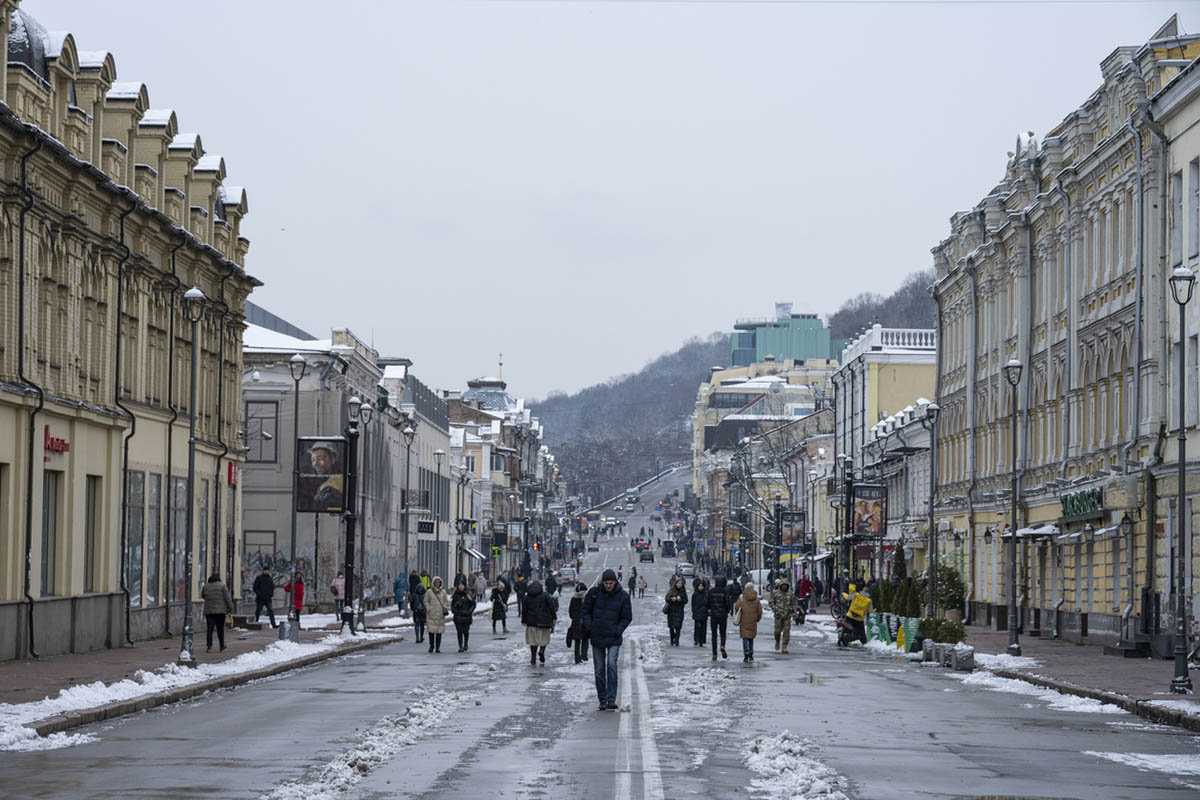Background: Approximately 50% of patients diagnosed with major depressive disorder will experience a recurrent or chronic course of illness for which long-term treatment is recommended. Moreover, at least 20% of patients diagnosed with depression do not respond satisfactorily to several traditional antidepressant medication treatment trials. Very little is known about the health care costs of patients with treatment-resistant depression.
Method: Based on medical claims data (MarketScan Research Database, The MEDSTAT Group, Cambridge, Mass.) from January 1, 1995, to June 30, 2000, a naturalistic, retrospective analysis was conducted to study the characteristics and health care utilization of patients with treatment-resistant depression. All patients having an International Classification of Diseases, Ninth Revision (ICD-9), diagnosis code for unipolar or bipolar depression with specified antidepressant dosing and treatment durations were initially selected. Patients were then classified as “treatment resistant” if either they switched from or augmented initial antidepressant medication with other antidepressants at least twice (outpatient treatment-resistant group) or they switched from or augmented their initial antidepressant medication and also had a claim for either a depression-related hospitalization or suicide attempt (hospitalized treatment-resistant group). Those meeting the initial medication and diagnosis selection criteria but not meeting the treatment-resistance criteria constituted the comparison group. Members of the comparison group had comparatively stable antidepressant medication use patterns, consistent with an acceptable response to treatment. Patients were followed for a minimum of 9 months. Resource utilization was calculated from index date to last available claims data point and then annualized.
Results: Treatment-resistant patients were more likely to be diagnosed with bipolar disorder or concurrent substance abuse or anxiety disorders than the comparison group (p < .001). Treatment-resistant patients were at least twice as likely to be hospitalized (general medical and depression related) and had at least 12% more outpatient visits (p < .02). Treatment resistance was also associated with use of 1.4 to 3 times more psychotropic medications (including antidepressants) (p < .001). Patients in the hospitalized treatment-resistant group had over 6 times the mean total medical costs of non-treatment-resistant depressed patients ($42,344 vs. $6512) (p < .001) and their total depression-related costs were 19 times greater than those of patients in the comparison group ($28,001 vs. $1455) (p < .001).
Conclusion: Treatment-resistant depression is costly and associated with extensive use of depression-related and general medical services. These findings underscore the need for early identification and effective long-term maintenance treatment for treatment-resistant depression.
Enjoy this premium PDF as part of your membership benefits!





